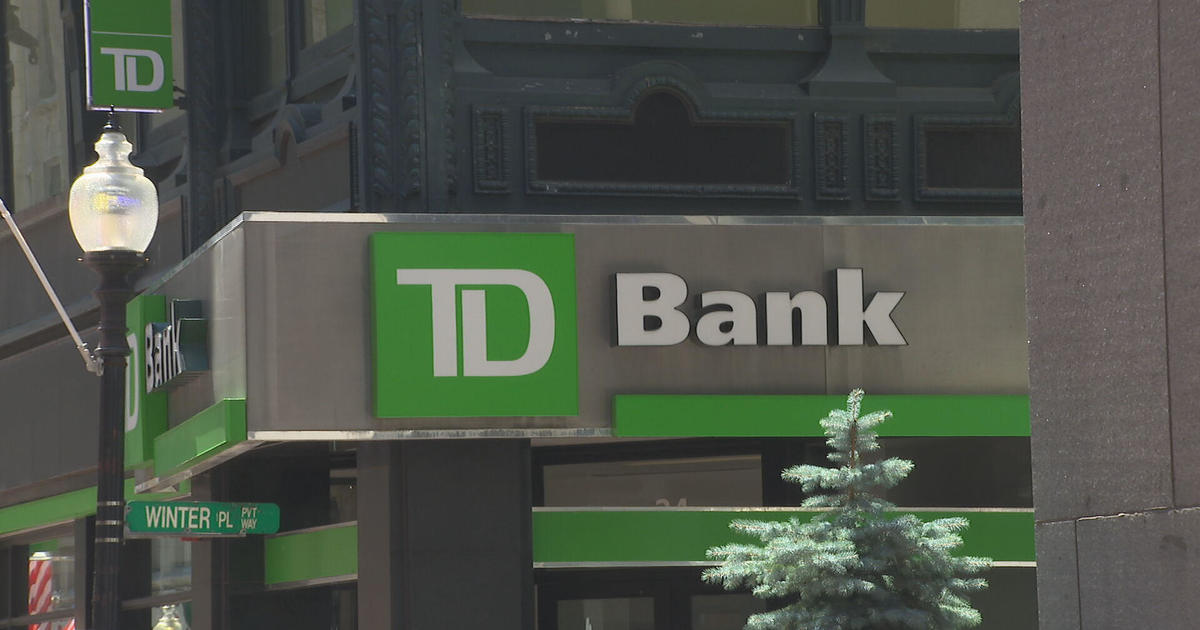TD Bank will pay more than $3 billion in penalties after admitting that it failed to adequately guard against money laundering as well as violations of the Bank Secrecy Act, federal authorities said Thursday.
Over a nearly 10-year period dating back to 2014, TD Bank had “long-term, pervasive and systemic deficiencies” in its anti-money laundering policies and controls, according to legal documents cited by the Department of Justice.
TD Bank, which is the 10th largest bank in the U.S., failed to take action despite government regulators and the company’s own internal auditors repeatedly pointing to potential issues with its procedures to detect suspicious transactions, the agency said.
Between January 2014 and October 2023, TD Bank failed to monitor $18.3 trillion in customer activity, leading to extensive money laundering, regulators said.
“TD Bank created an environment that allowed financial crime to flourish,” U.S. Attorney General Merrick Garland said.
Representatives for TD Bank, a subsidiary of Canada’s Toronto-Dominion Bank, did not immediately respond to a request for comment.
“These failures enabled three money laundering networks to collectively transfer more than $670 million through TD Bank accounts between 2019 and 2023,” the Justice Department said in a news release.
Laundering drug money
In one scheme that lasted for more than three years, criminals gave TD Bank workers gift cards worth more than $57,000 to ensure the employees would process their transactions, including suspicious cash deposits in excess of $10,000, the agency said.
In another incident, a TD Bank employee in 2021 helped launder narcotics proceeds in exchange for bribes, according to FinCen, a bureau within the U.S. Treasury Department. The worker opened numerous accounts, including for shell companies, that allowed bad actors to funnel millions of dollars through the bank.
The Justice Department said has charged two TD Bank employees in connection with the schemes.
As part of the settlement, TD Bank will pay a fine of $1.8 billion to the Justice Department; $1.3 billion to FinCen; and $450 million to the Office of the Comptroller of the Currency, which regulates the company.
contributed to this report.

